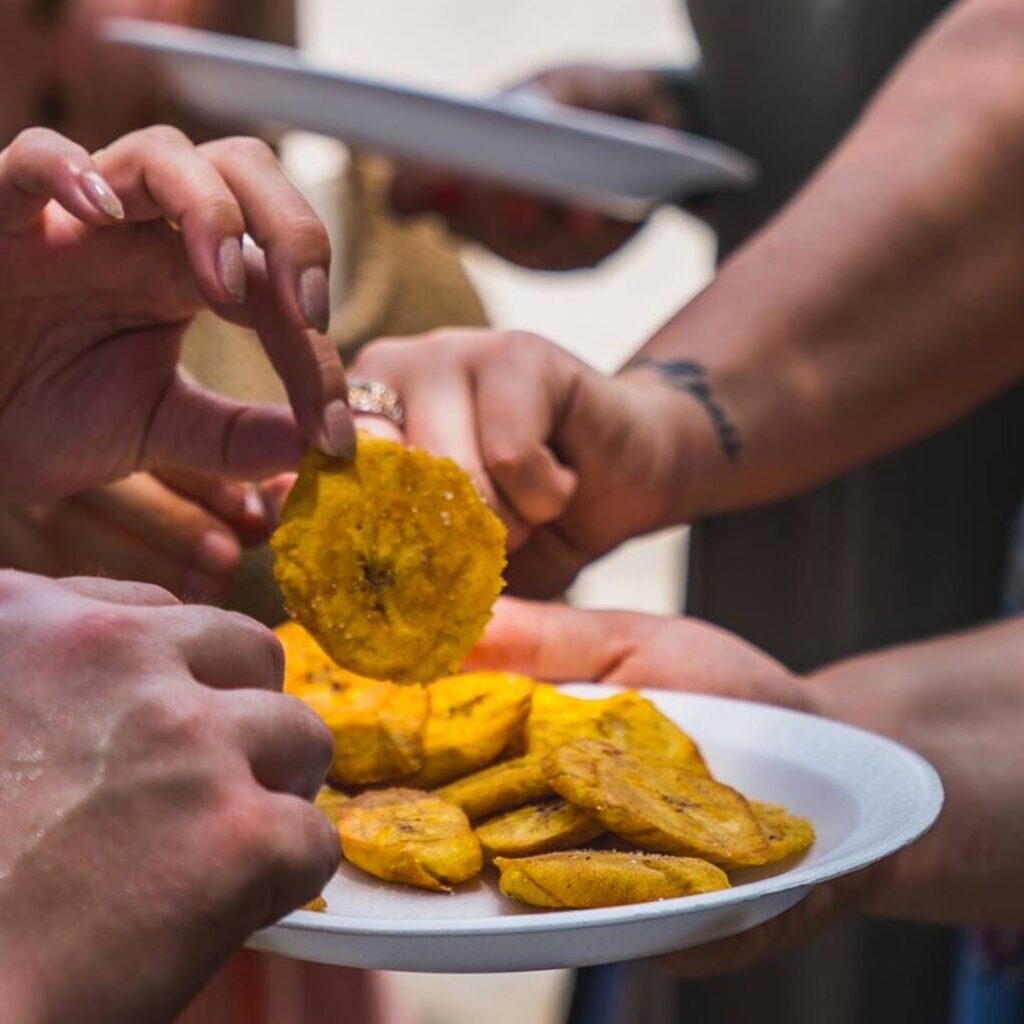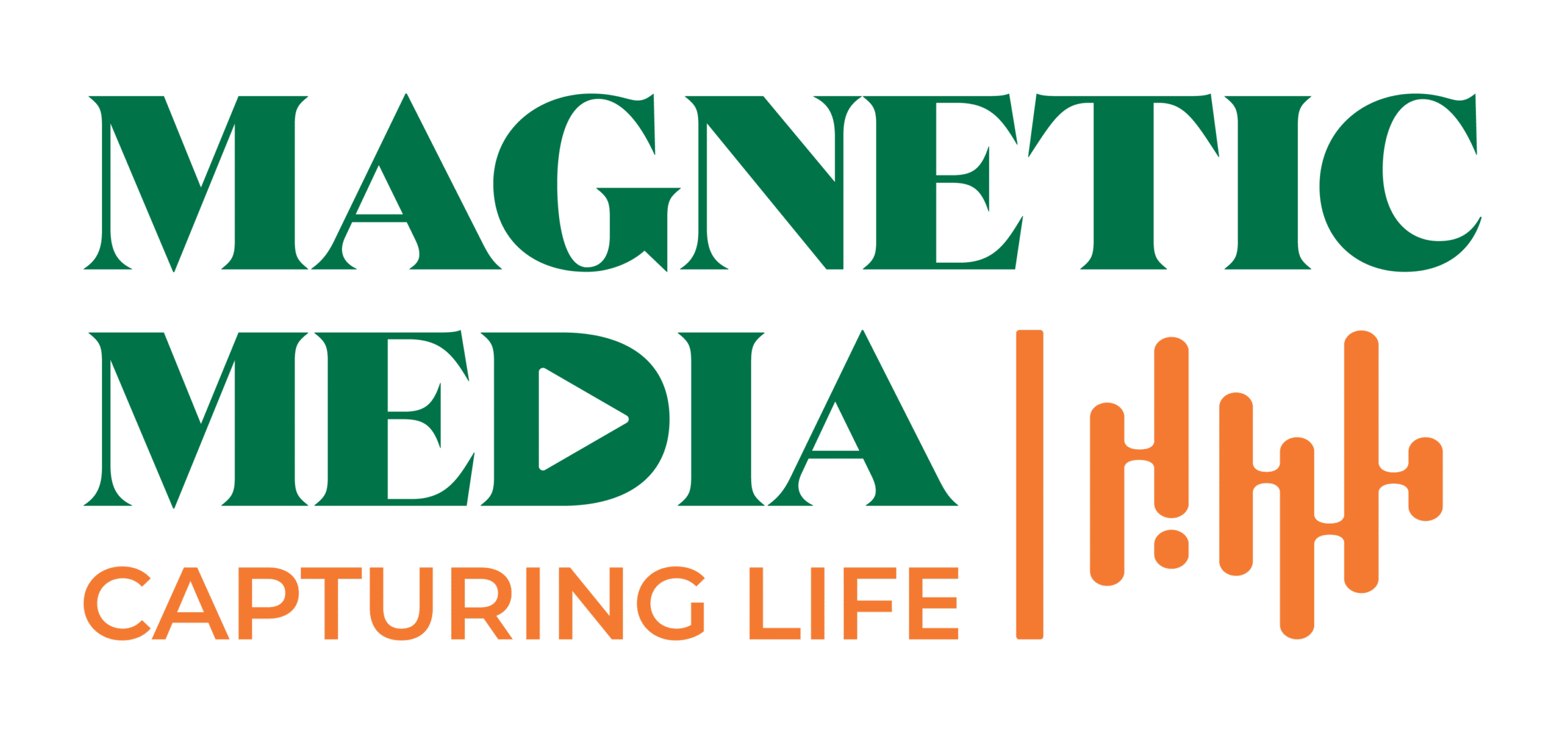If you want a Caribbean roadmap that’s more than slogans, look east to the Dominican Republic Poverty Line efforts. The country built a measurement system, tied it to a live social registry, and crucially publishes the results on the Dominican Republic Poverty Line dashboard.
Their report shows that monetary poverty fell from 27.7% in 2022 to 23.0% in 2023. In 2024, it dropped further to 19.0%, helping about 413,686 people move out of poverty. That’s real progress, not just numbers.
Multidimensional Poverty Index (MPI)
Central to the model is a national multidimensional poverty index (MPI or IPM-RD). It does more than track income. The index measures five dimensions with 24 indicators, including education, housing, services, and health. This system gives the government a complete picture of deprivation and helps identify households at risk.


Dominican Republic Poverty Line: Integrating Social Registry Data
The measurement feeds into a social registry, SIUBEN (Registro Social Universal de Hogares). Ministries use the constantly updated database to find households, target benefits, and keep records current. In short, it bridges statistics with cash and services delivered to the right homes each month.
Public Transparency and Open Data on Poverty
The country runs public scoreboards an interactive poverty portal and periodic poverty bulletins—so anyone, including journalists and donors, can check the figures, not just rely on press releases. The methodology and updates are laid out by the statistics office, making the series comparable over time.
Impact on Citizens: Key Results of the Dominican Republic Poverty Line
A big annual drop in 2023 poverty 27.7% → 23.0%, with extreme poverty down to 3.2% was followed by another decrease in 2024 to 19.0%. The 2024 bulletin explicitly notes that ~413,686 people exited poverty. Rural gaps and vulnerability remain, but the trend is clear, and transparency allows verification.
Why the Dominican Republic Poverty Line Model Works
The model works because it measures more than income, maintains a live registry to act quickly, and publishes results via regular bulletins and an open portal. This playbook is a strategy that other countries in the region could adopt without reinventing the wheel. For more information, visit here

